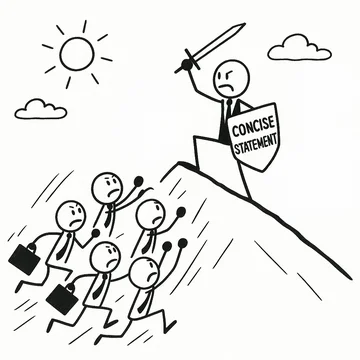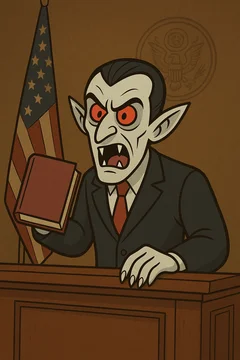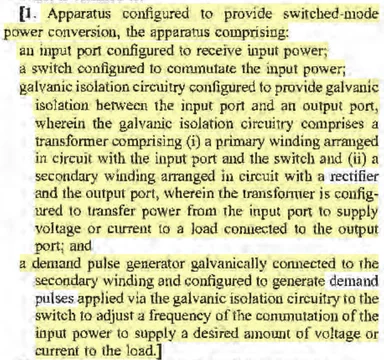This week, Chief Judge Connolly denied a joint request for leave to present an early SJ motion on damages in a patent action. The parties hoped that resolution of the motion would set the stage for settlement.
Judge Connolly reiterated his rule that he will not permit early SJ motions unless they are going to be the only SJ motions, while also commenting on his case load:
As a general rule, I do not allow for an early summary judgment motion unless the resolution of the motion would be case dispositive and the party seeking to file the motion agrees that it cannot file any other summary judgment motions. In light of my case load, which approaches 600 civil cases (including 300 patent cases), and based on my own experiences as a judge and the experiences of other judges who sit and have sat on this Court, I have determined that without these two conditions early summary judgment motion practice is not an efficient use of my time and efforts.
The parties asked in the alternative for a referral to a magistrate judge for an R&R on SJ. In response, the Court discussed the "sad reality" of such referrals:
The parties also state in their letter that "[i]f the Court would prefer, the parties [will] consent to the motion being referred to Magistrate Judge Burke for a report and recommendation, pursuant to 28 U.S.C. § 636(b)(l)(B) and Fed. R. Civ. P. 72(b)." . . . . But I neither prefer nor need the parties to consent to the referral of a summary judgment motion to a magistrate judge for a report and recommendation. Referrals of matters to a magistrate judge pursuant to § 636(b)(l)(B) do not require the parties' consent. And the sad reality in patent cases filed in this district is that a referral of a summary judgment motion [for an R&R] pursuant to § 636(b)(l)(B) inevitably results in objections to the magistrate judge's report and recommendation, which the district court judge must review de novo. Such a referral therefore ends up doubling the amount of judicial resources needed to resolve the summary judgment motion in question. For that reason, I no longer make § 636(b)(l)(B) referrals of summary judgment motions in patent cases to a magistrate judge.
He did note, however, that he would be willing to refer an SJ motion if the parties consented to the full resolution of the motion by the magistrate judge, such that it is appealable only to the appellate court.
If you enjoyed this post, consider subscribing to receive free e-mail updates about new posts.




